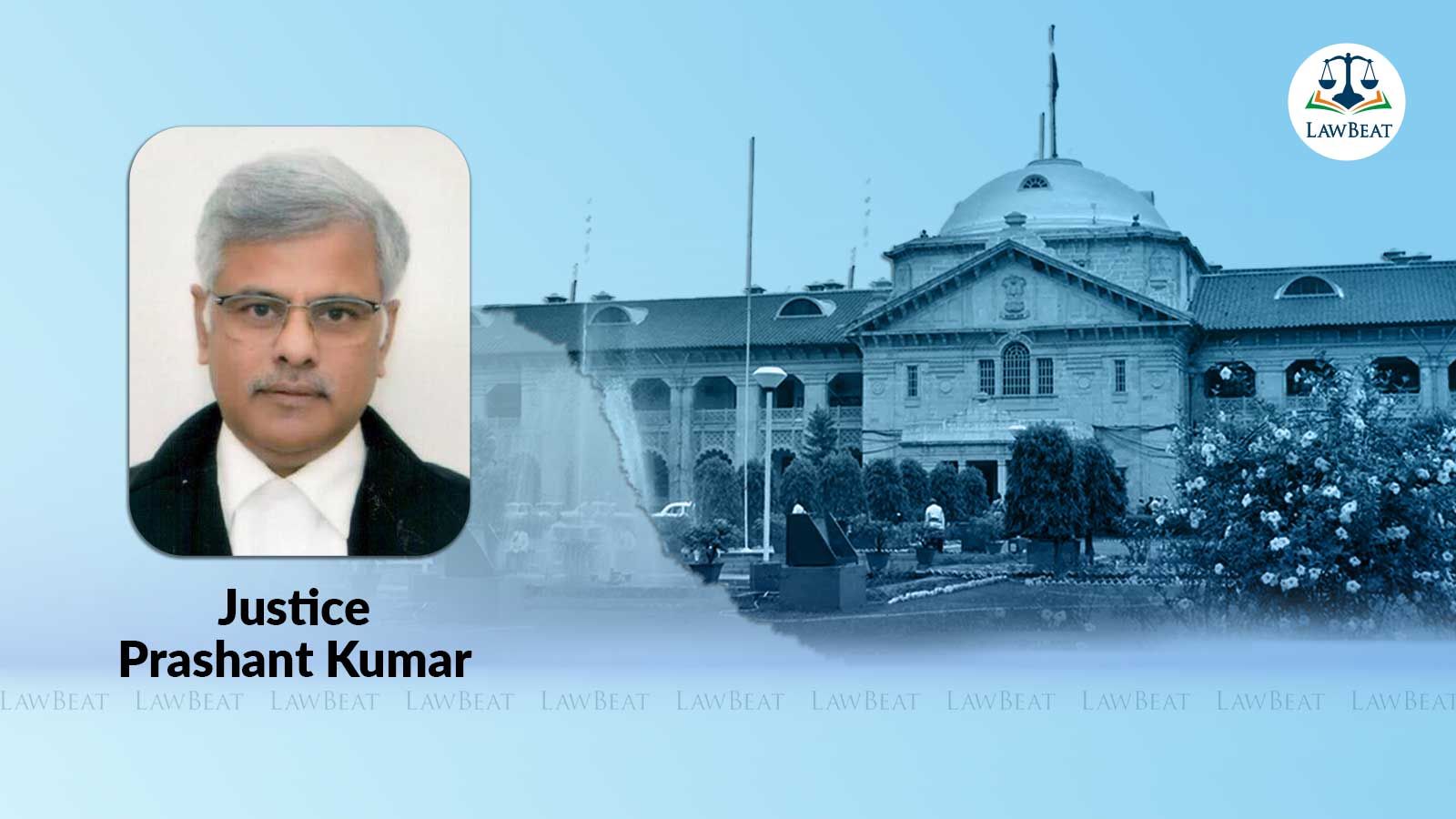Allahabad HC Orders Man Disputing Paternity To Undergo DNA Test or Pay Maintenance to Children

Court said that if the man was doubting the paternity, the only way to prove the same was by DNA testing
The Allahabad High Court recently ordered a man disputing his paternity to either provide financial assistance to the children or undergo a DNA test to substantiate his claim.
The bench of Justice Prashant Kumar said that "denying maintenance due to unresolved paternity issues would be a violation of children's basic human rights".
The order was passed in a plea filed under Section 482, CrPC by the man to quash the family court's order directing him to undergo a DNA test in a matrimonial dispute between him and his alleged wife.
The wife's case was that she was previously married to a man who subsequently disappeared. Following this, she entered into a marriage with the current applicant, resulting in the birth of two children. However, due to marital discord, she filed a plea under Section 125 of the Criminal Procedure Code (CrPC) seeking maintenance from the present applicant, including maintenance for their children. The present applicant contested before the family court, asserting that the wife was not legally wedded to him and the children were not his offspring, thereby negating any obligation to provide maintenance to them.
In response to the wife's request to establish parentage, the trial court issued an order for a DNA test. Subsequently, the man contested this order before the high court.
The man contended that previously, the wife had initiated legal proceedings under Section 498A of the Indian Penal Code, which were dismissed since they were not legally wedded. Subsequently, she filed a case under Sections 12, 18, 19, 20, 21, and 22 of the Protection of Women from Domestic Violence Act, 2005, which was also rejected on the same basis. Additionally, he pointed out that the wife had consistently referred to her first husband as her husband in various documents.
Moreover, he asserted that no court could force him to undergo DNA test without his consent.
In contrast, the wife's counsel argued that the children were born within the marriage between the man and the wife, as evidenced by the inclusion of the man's name as the father in their birth certificates.
"A DNA test can serve as a decisive tool in resolving paternity disputes, which directly impacts the question of maintenance for the children involved," court observed while emphasising that in such cases, the paramount consideration is maintenance and the welfare of the children.
Referring to the top court's ruling in Sharda v. Dharampal, (2003) that the court must balance the interests of the parties and ensure that the children's welfare is not compromised, the high court said that for the pursuit of justice, the court must employ all available means to uncover the truth and safeguard the rights of all individuals.
Court underscored that a definitive determination of paternity through a DNA test can provide closure and stability for all parties involved, particularly the children.
Court pointed out that in the present case, on one hand, the man was refusing the maintenance and the paternity of the children, and on the other hand, when the family court ordered for the DNA test, he assailed that.
"The applicant cannot be allowed to blow hot and cold at the same time. He cannot deny the paternity of the children and at the same time he refuses to undergo the DNA test," court said.
Court said that if the man is doubting the paternity, the only way to prove the same was by DNA testing.
Accordingly, the single judge bench ordered the man to either fulfil his obligation of providing maintenance or undergo a DNA test.
Case Title: xxx v. State Of U.P And Another
